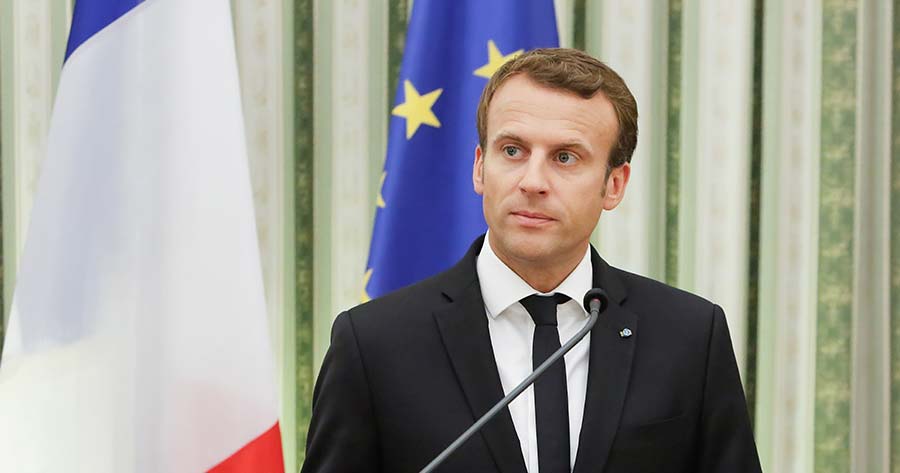After Thursday’s vote of no confidence that removed the French Prime Minister, President Emmanuel Macron pledged to appoint a replacement in the coming days, prioritizing the adoption of the 2025 budget by parliament.
The outgoing Prime Minister, Michel Barnier, resigned after the French parliament rejected his fiscal plans. This resignation marked him as the shortest-serving prime minister in modern French history, with a tenure lasting only three months.
Nevertheless, Macron has asked Barnier and his government to remain in a caretaker role until a new prime minister is appointed. He promised to name Barnier’s successor soon, emphasizing that the new leader’s top priority would be advancing the budget plan.
It remains uncertain whether the new government will be established before Saturday’s ceremony to reopen the Notre-Dame Cathedral, which will be attended by world leaders. Speculation in French media suggests that Francois Bayrou, who had lunch with Macron last Thursday, might be a potential successor.
The incoming prime minister will face the challenge of uniting a divided parliament and securing approval for the budget plan essential for addressing France’s public finance concerns. In the meantime, the parliament will propose a special law to extend the 2024 budget and prevent any gaps until the new government is formed early next year to finalize a full budget, particularly addressing inflation.
Meanwhile, French bonds and stocks saw gains, driven by profit-taking after the expected no-confidence vote outcome. However, SocGen analysts cautioned that political instability could keep the risk premium on French assets high.
Additionally, credit rating agency Standard and Poor’s noted that France now lacks a clear path to reducing its fiscal deficit, with less belt-tightening likely than previously expected.
As for Macron, his popularity has diminished since he called a snap ballot in June, which led to a divided parliament. Despite Barnier’s resignation, the president refused to resign and reaffirmed his commitment to stay in office until his term ends in May 2027.
The French President emphasized that France is capable of achieving great things, even the impossible. However, he criticized the far-right and left-wing parties, accusing them of uniting in an “anti-republican front” to create “a mess.”




